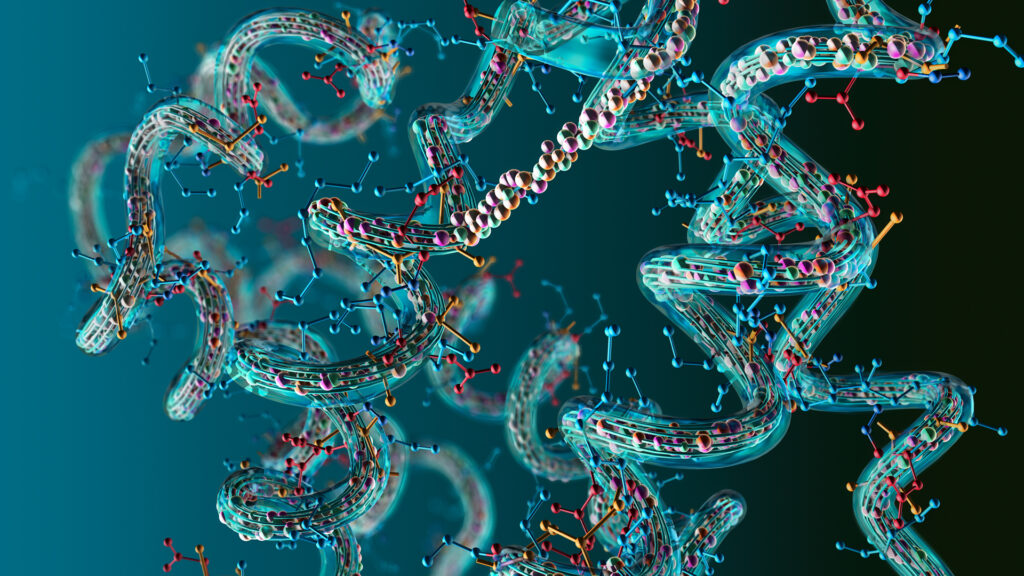The science of proteins
Amino acid deficiency is a significant concern impacting individuals across the globe, with far-reaching consequences for their overall health and bodily functions.
Amino acids are the building blocks of protein. Understanding the intricacies of an amino acid deficiency is paramount in order to address its effects on the body. As an amino acid deficiency advances, it interferes with the body’s regular processes, giving rise to a range of physical and physiological issues. These can encompass weakened muscles, compromised immune functions, hormonal imbalances, and alterations in mood and cognitive functions. These complications progressively intensify, affecting not only an individual’s physical health but also their mental acuity, emotional well-being, and capacity to perform daily activities.

